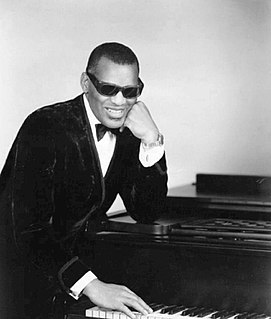A Quote by William S. Burroughs
Related Quotes
The fabrics I've used in my work are satin and sateen. Sateen is very glossy and far from luxurious. Bright solid colors with too much sheen seem gaudy, pathetic and nostalgia-inducing. Such fabrics are reminiscent of the power of chaos in a shaman's space: overabundant offerings of food on alters, kitschy decorations, provocative shades, vigorous dancing, plaintive singing, absurd fits of crying and laughing, and self-abandonment.
Eventually something you love is going to be taken away. And then you will fall to the floor crying. And then, however much later, it is finally happening to you: you’re falling to the floor crying thinking, “I am falling to the floor crying,” but there’s an element of the ridiculous to it — you knew it would happen and, even worse, while you’re on the floor crying you look at the place where the wall meets the floor and you realize you didn’t paint it very well.
I am crying, he thought, opening his eyes to stare through the soapy, stinging water. I feel like crying, so I must be crying, but it's impossible to tell because I'm underwater. But he wasn't crying. Curiously, he felt too depressed to cry. Too hurt. It felt as if she'd taken the part of him that cried.
Cultural conditioning is like bad software. Over and over it's diddled with and re-written so that it can just run on the next attempt. But there is cultural hardware, and it's that cultural hardware, otherwise known as authentic being, that we are propelled toward by the example of the shaman and the techniques of the shaman. ... Shamanism therefore is a call to authenticity.
The shaman is a person who is able to transcend the dimensional confines of cultural existence. They know more than the people they serve. The people they serve are like children within the game of culture. Only the shaman knows that culture is a game. Everyone else takes it seriously. That's how he can do his magic.
I suppose I've always done my share of crying, especially when there's no other way to contain my feelings. I know that men ain't supposed to cry, but I think that's wrong. Crying's always been a way for me to get things out which are buried deep, deep down. When I sing, I often cry. Crying is feeling, and feeling is being human. Oh yes, I cry.
One way to make a baby cry is to expose it to cries of other babies. There's sort of contagiousness to the crying. It's not just crying. We also know that if a baby sees another human in silent pain, it will distress the baby. It seems part of our very nature is to suffer at the suffering of others.
The shaman no longer looks for meaning in life, but brings meaning to every situation. The shaman stops looking for truth and instead brings truth to every encounter. You don t look for the right partner, you become the right partner. And then the right partner finds you. It s a very active practice focused on healing.
It is an amazing thing to watch people laugh, the way it sort of takes them over. Sometimes they really do struggle with it . . . so I wonder what it is and where it comes from, and I wonder what it expends out of your system, so that you have to do it till you're done, like crying in a way, I suppose, except that laughter is much more easily spent.





































